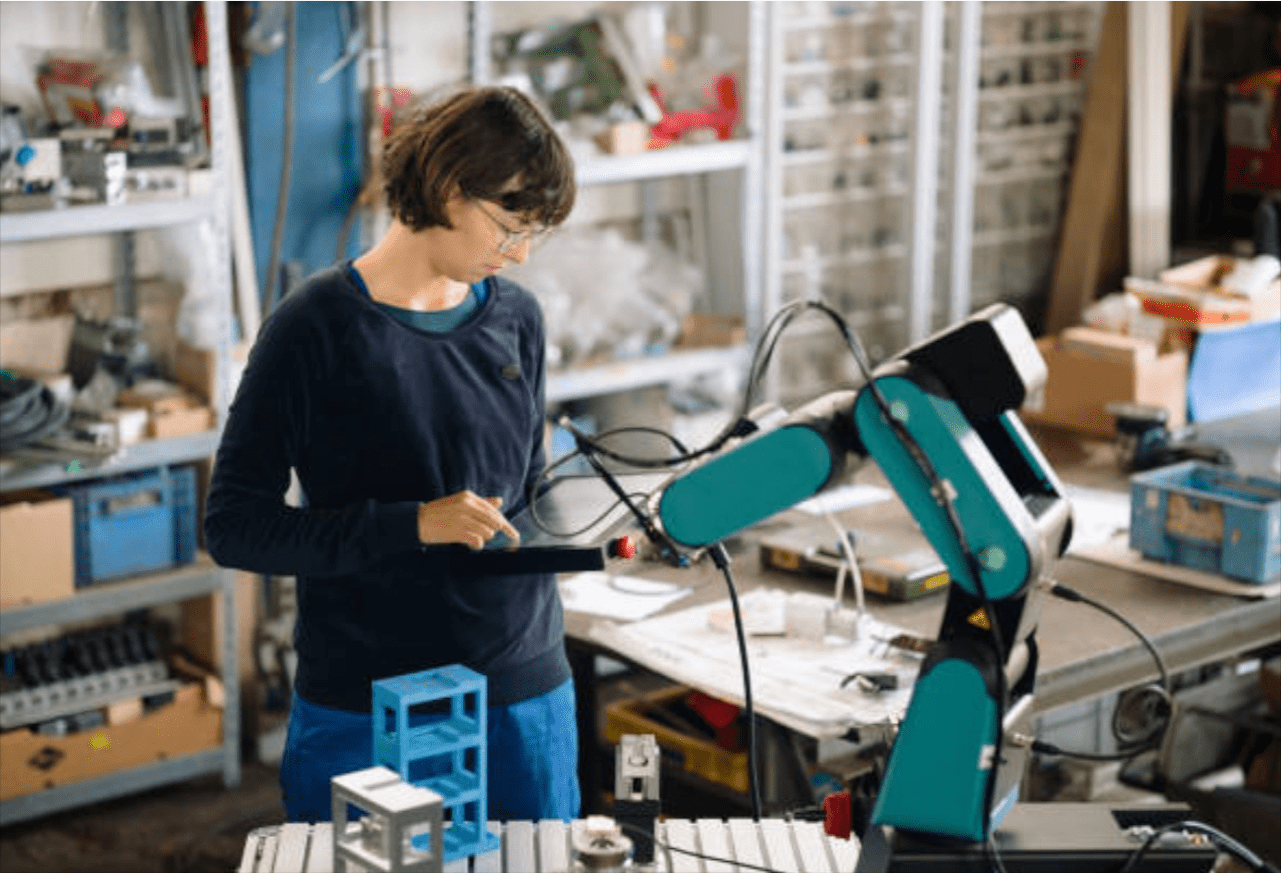
Overview of RPA (Robotic Process Automation)
You’ve been hearing a lot about RPA – Robotic Process Automation – and how it’s transforming the workplace. The bots are taking over routine business processes, freeing up employees for more interesting work. RPA adoption continues to accelerate across industries. What does the future hold? Get ready for the latest trends that will shape automation in your organization and industry. We’ll explore key predictions so you can prepare for the RPA revolution. From chatbots to AI integration, this technology is rapidly evolving. While some fear it will replace human workers, RPA can actually augment staff and boost productivity if managed thoughtfully. Don’t get left behind—dive in to discover how you can harness intelligent automation to take your company to the next level.
RPA Adoption Trends by Industry
RPA is the use of software bots to automate repetitive, routine tasks in a business process. RPA bots can interact with applications just like humans. They can log in, enter data, follow steps, click, copy and paste. This allows them to take over manual, repetitive tasks that would otherwise be performed by humans.
The benefits of RPA are huge. It can drastically reduce costs, improve accuracy, increase productivity and accelerate processes. RPA is non-invasive, meaning it works with existing IT systems. It simply sits on top of current applications and mimics human behavior. This allows RPA to automate legacy systems that can’t easily be changed or replaced.
Some common uses of RPA include:
– Data entry and extraction
– Invoice processing
– Report generation
– Email responses
– Customer service requests
The future of RPA is bright. As the technology continues to advance, RPA bots will become smarter and more versatile. They’ll be able to handle increasingly complex tasks with human-level accuracy. RPA will transform the nature of work as we know it, allowing humans to focus on more creative and meaningful work. The future of automation in the workplace is exciting and RPA is leading the way.
The Future of RPA: How Automation Will Transform Industries
The future of automation in the workplace is here, and RPA is leading the charge. Business leaders are increasingly turning to RPA solutions to optimize processes and gain a competitive advantage. Here are the top industries adopting RPA:
Healthcare
The healthcare industry has been an early adopter of RPA to automate repetitive tasks like billing, claims processing, and patient data entry. By automating these routine processes, healthcare organizations can reduce costs and improve accuracy.
Banking and Finance
RPA has huge potential in banking and finance for automating tasks like loan processing, account opening, compliance reporting, and customer service. Many major banks have already deployed RPA bots to handle thousands of repetitive, rules-based processes.
Manufacturing
Manufacturers are using RPA to automate production monitoring, quality assurance, supply chain management, and warehouse operations. RPA bots can handle tasks like tracking inventory, scheduling production runs, and pulling reports on key performance indicators.
IT and Telecom
RPA is helping IT and telecom companies optimize network operations, field services, customer support, and software testing. Bots can automatically handle tasks such as provisioning accounts, monitoring networks, and running regression tests.
As more companies discover the power of RPA to reduce costs, enhance productivity, and improve customer experience, adoption will only continue to grow. The future of work is being transformed through automation, and RPA is paving the way. The potential for RPA across industries is vast, and we’ve only just begun to scratch the surface of what’s possible.



